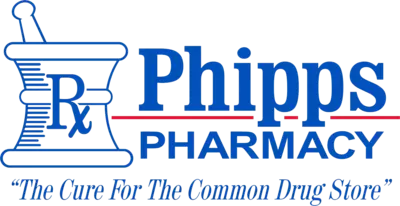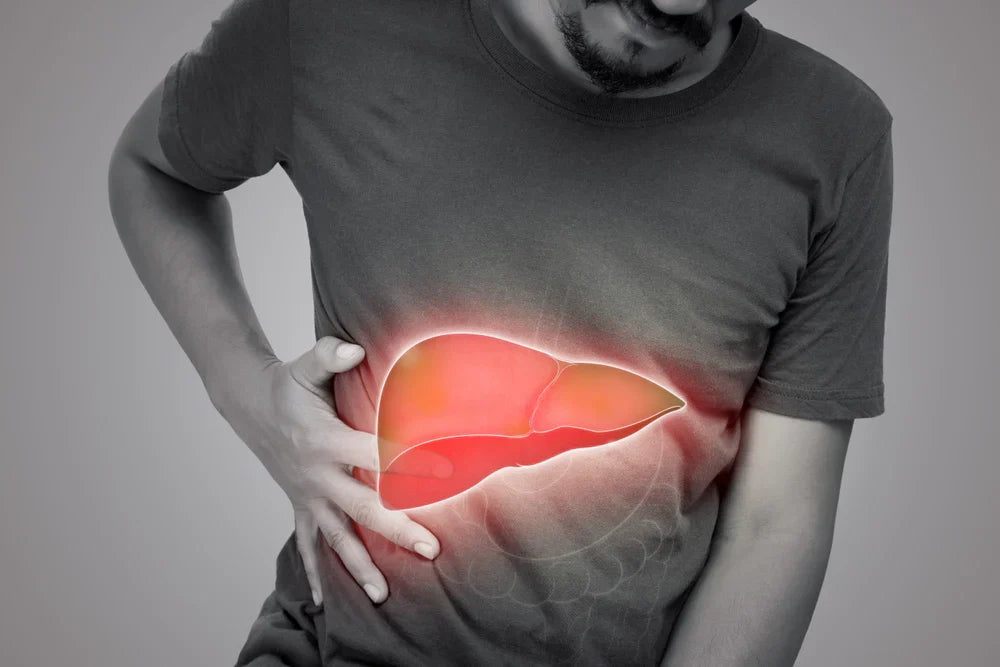Type 2 diabetes can lead to an increased risk of various complications. One of these complications is nonalcoholic fatty liver disease (NAFLD). Nearly 100 million Americans suffer from this type of fatty liver disease. Adults who live with both type 2 diabetes and obesity are estimated to have a much higher risk of developing fatty liver disease, with estimates greater than 70 percent. Keep reading to find out more about fatty liver disease and its link to type 2 diabetes.
What Is Nonalcoholic Fatty Liver Disease?
Nonalcoholic fatty liver disease, also simply called fatty liver disease or hepatic steatosis, occurs when there is a buildup of excess fat in the liver. As the name suggests, this form of liver disease is not caused by alcohol consumption. This is one of the most common forms of liver disease in the United States. According to the National Institute of Diabetes and Digestive and Kidney Disease, over two-thirds of individuals with type 2 diabetes have fatty liver disease. Some people with nonalcoholic fatty liver disease may develop nonalcoholic steatohepatitis (NASH). This is an aggressive form of fatty liver disease that includes inflammation in addition to fat buildup in the liver.
What Causes Fatty Liver Disease in People with Diabetes?

The primary cause of nonalcoholic fatty liver disease in individuals with diabetes is obesity. High sugar consumption is also associated with developing fatty liver disease. Additionally, fatty liver is common among people with high cholesterol and high blood pressure. These may be common factors in people with diabetes, thus increasing the risk of developing fatty liver disease.
How Do I Know If I Have Fatty Liver Disease?
Nonalcoholic fatty liver disease often has no symptoms until it progresses to advanced stages such as cirrhosis or liver failure. Advanced liver disease symptoms may include:
- Nausea
- Loss of appetite
- Weight loss
- Swollen legs and abdomen
- Muscle weakness
- Jaundice
- Extreme fatigue
- Mental confusion
Experiencing any of these symptoms if you also have risk factors of fatty liver disease may indicate that you should contact your doctor for further testing. Risk factors for nonalcoholic fatty liver disease include high cholesterol, high blood pressure, obesity, and type 2 diabetes.
What Is the Link Between Fatty Liver and Blood Sugar?

In the beginning stages of nonalcoholic fatty liver disease, your day-to-day life may not be affected. However, it can worsen over time. A contributing factor to worsened fatty liver disease is having elevated blood glucose levels much like those found in individuals with diabetes. Research also suggests that fatty liver disease can lead to an overproduction of glucose and thus insulin resistance and abnormal blood sugar. In time, this can progress into prediabetes and type 2 diabetes. This means that nonalcoholic fatty liver disease and diabetes can exacerbate one another and make both conditions more difficult to manage.
Can Fatty Liver Disease Be Reversed?
There are certain lifestyle changes you can make to slow the progression of fatty liver disease for individuals living with type 2 diabetes. Some of these changes may include eating a balanced diet, managing weight, increasing physical activity, and managing blood sugar, cholesterol, and blood pressure levels. Healthcare professionals typically recommend losing 3 to 5 percent of your body weight to see results in your liver. However, rapid weight loss can actually make fatty liver disease worse, so it’s important to lose weight sustainably.
There are also supplements and drugs that may help people with fatty liver disease by promoting proper liver function. For example, Liv Formula No. 1 is a supplement designed to detoxify the liver and increase its function. Over time, this supplement can reduce triglyceride levels, or fat, in the blood as well as increase HDL, otherwise known as good cholesterol.
Both of these processes can lead to the improvement of fatty liver disease.
Ask Phipps Pharmacy About Liv Formula No. 1 and Fatty Liver Disease
Phipps Pharmacy will proudly be one of the first pharmacies in the country to carry Liv Formula No.1 to help our patients treat fatty liver disease. If you are interested in learning more about how Liv Formula No. 1 can help or if you have questions about treating fatty liver disease, reach out to us today and our expert pharmacists will be happy to guide you toward better health!

